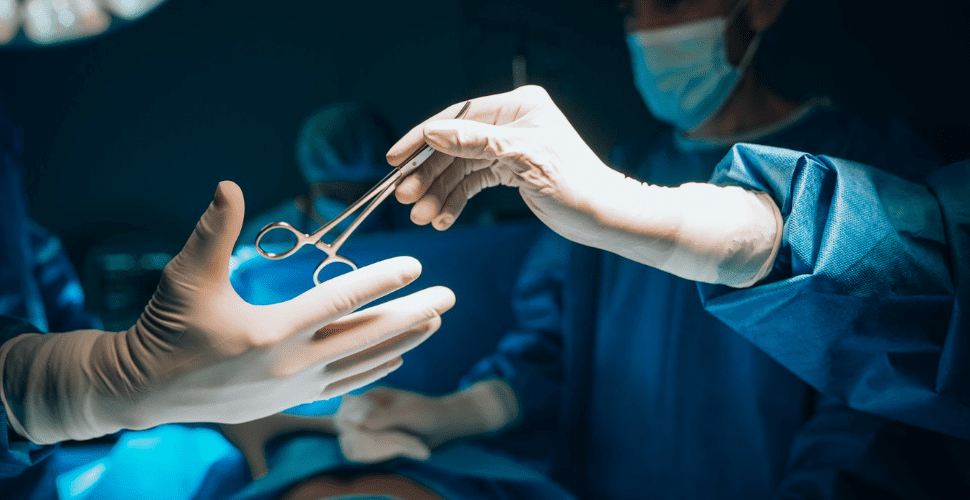
Global organ trafficking scandal plaguing Kenyan Hospitals
A joint investigation exposed a global organized network that was exploiting impoverished Kenyans for their organs. Wealthy recipients abroad, who didn’t know donors were illegally being paid or coerced, paid Mediheal Group of Hospitals thousands of dollars for the lifesaving organ “donations.” Now, thanks to the investigation and public pressure, a 90-day public inquiry has been opened into the alleged illegal organ transplants and trafficking, reports Eastleigh Voice. A parliamentary committee will examine claims of malpractice and ethical breaches in kidney transplant services at the facility.
Victimless crime…or is it?
Organ trafficking thrives on the global shortage of legal donors. Unscrupulous actors use deception and the promise of large payouts to convince desperate people in places like Kenya, Indonesia and Nepal to sign away their organs. And despite domestic and international laws forbidding their sale, enforcement of organ trafficking remains weak. Propped up and protected by corruption and medical complicity, it’s a thriving illicit industry with hospitals like Mediheal at the top.
Speaking about the power structure, Jamal Osman, Africa Correspondent for 4 News said:
“Below (hospitals) are local brokers and recruiters, many of whom have also sold their own kidneys. It’s essentially a pyramid. They recruit their friends, and if the friend agrees, the recruiter earns a few hundred pounds. That’s enough to feed a family, and enough to tempt another.”
Comparatively, Jamal says the money donors get is enough to lure them in. But it pales in comparison to how much those closer to the top of the pyramid make. According to Jamal, patients in wealthy countries sometimes pay over $100,000 for a kidney. Next to that, the $2,000 given to the desperate organ donor goes beyond just unfairness. Advocates say profiteering through the sale of organs is a new form of ‘body colonialism’. Those from wealthy, powerful countries are extracting what they need from poor people in developing countries.
